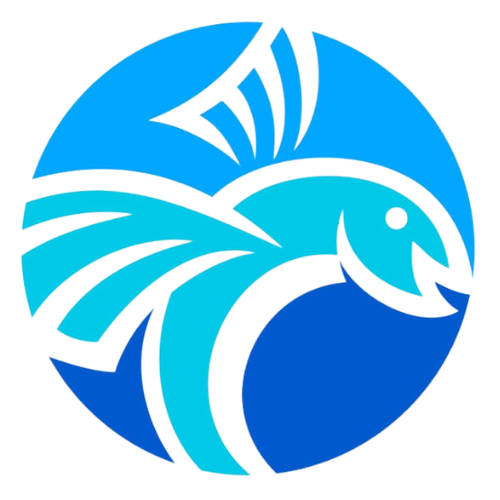On Tuesday 20 August 2024, the Barbados Fisheries Division, with support from the BE:CLME+ project, hosted a National Validation Workshop attended by a broad cross-section of fisheries and blue economy stakeholders in Barbados. The aim of the Workshop was to review the fisheries sector’s blue economy roadmap implementation plan, and to elaborate specific interests and concerns for addressing Barbados’ Fisheries Sector’s agreed strategic priorities as work gets underway. An evaluation of the influence, interests, and outlook of various fisheries stakeholder groups involved in the blue economy also received careful attention.
The Fisheries Implementation Plan represents a significant milestone by the Fisheries Division to prepare and organise the Sector to maximise new opportunities under the national Blue Economy Roadmap, while ensuring that current investments and livelihoods are carefully considered and integrated into the change process so as to enjoy improved benefits and risk resilience. The plan lists the steps required, from inputs to the final results and ultimate goals, along with details about duration of activities and measures of success, that would allow the Sector to track its performance and progress.
Several strategic priorities were agreed for the sector under the national Blue Economy Roadmap and new strategic priorities have since emerged. These include: artisanal fishery resilience to climate impacts; artisanal fisher inclusion and participation in oceanic fishery; sustainability of oceanic fishery; expansion of oceanic fishing beyond national jurisdiction; value chain design supporting oceanic fishery development aspirations; waste management; mariculture development; Sargassum business development; digitilisation of supporting public sector services.
Noting the successful outcome of the milestone event, Chief Fisheries Officer, Dr. Shelly-Ann Cox, said “The national validation workshop was well attended by government agencies, private sector and civil society working in the blue economy space. The sessions led by CRFM consultants were interactive with spirited discussion that offered good feedback on the draft implementation plan and stakeholder map. Next steps, including the implementation of sections of the plan, were discussed and possible funding opportunities.”
Barbados’ Blue Economy Roadmap, as it is often called, is a policy framework with a strategic action plan and is being used to guide development the national blue economy. The Blue Economy Roadmap includes those national sectors that use the goods and services of Barbados’ marine space and a strategic action plan for addressing each sector’s key priorities. The Fisheries Implementation Plan allows the Sector to have a fully informed position for negotiating with other sectors within the BE Roadmap governance mechanism.
“The CRFM is pleased about the vibrant discussions during the meeting by the wide cross section of stakeholders and looks forward to the outcome of this process. The Fisheries Implementation Plan underscores the importance that Barbados places on developing the Blue Economy in a sustainable manner, and we are excited about the next steps”.
Sponsorship and technical support for preparation of the national fisheries blue economy stakeholder map and implementation plan were made possible by the BE:CLME+ project. The “BE-CLME+”: Promoting National Blue Economy Priorities Through Marine Spatial Planning in the Caribbean Large Marine Ecosystem Plus Project is a 4-year project which is being executed by the Caribbean Regional Fisheries Mechanism (CRFM). The CRFM is working in partnership with the Food and Agriculture Organization of the United Nations (FAO) and the Development Bank of Latin America and the Caribbean (CAF), which are the co-implementing agencies for the donor agency - the Global Environment Facility (GEF)
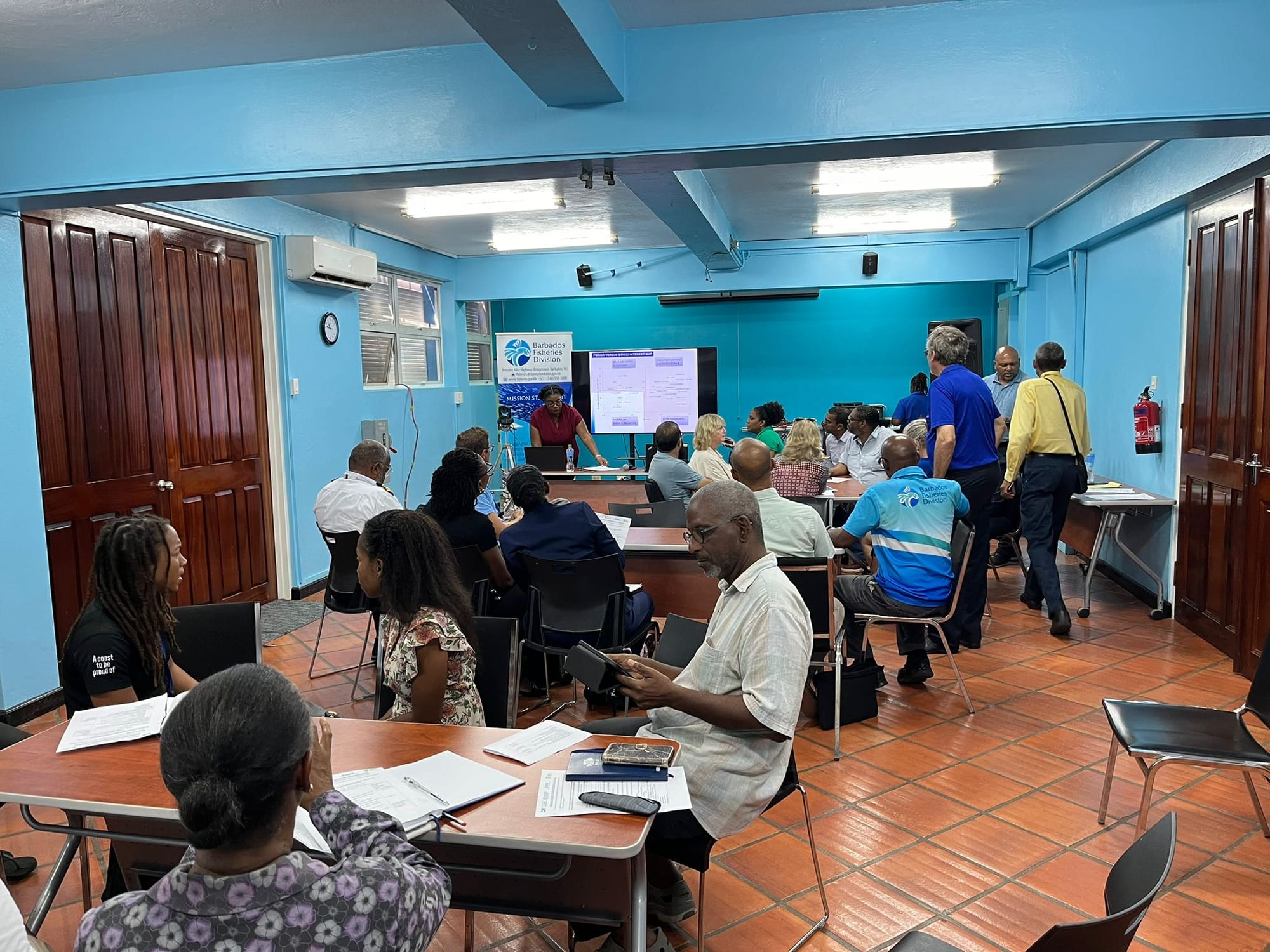
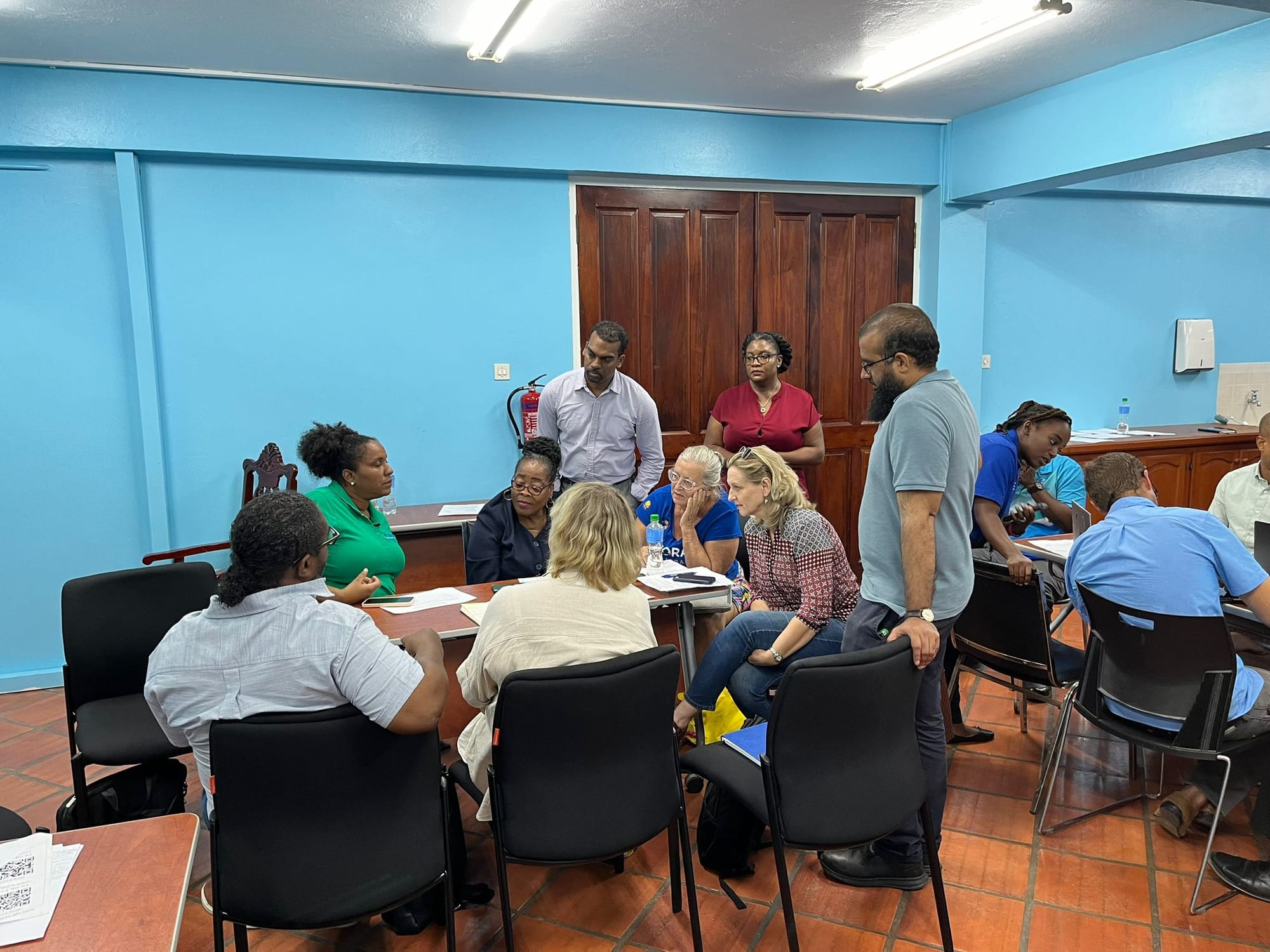
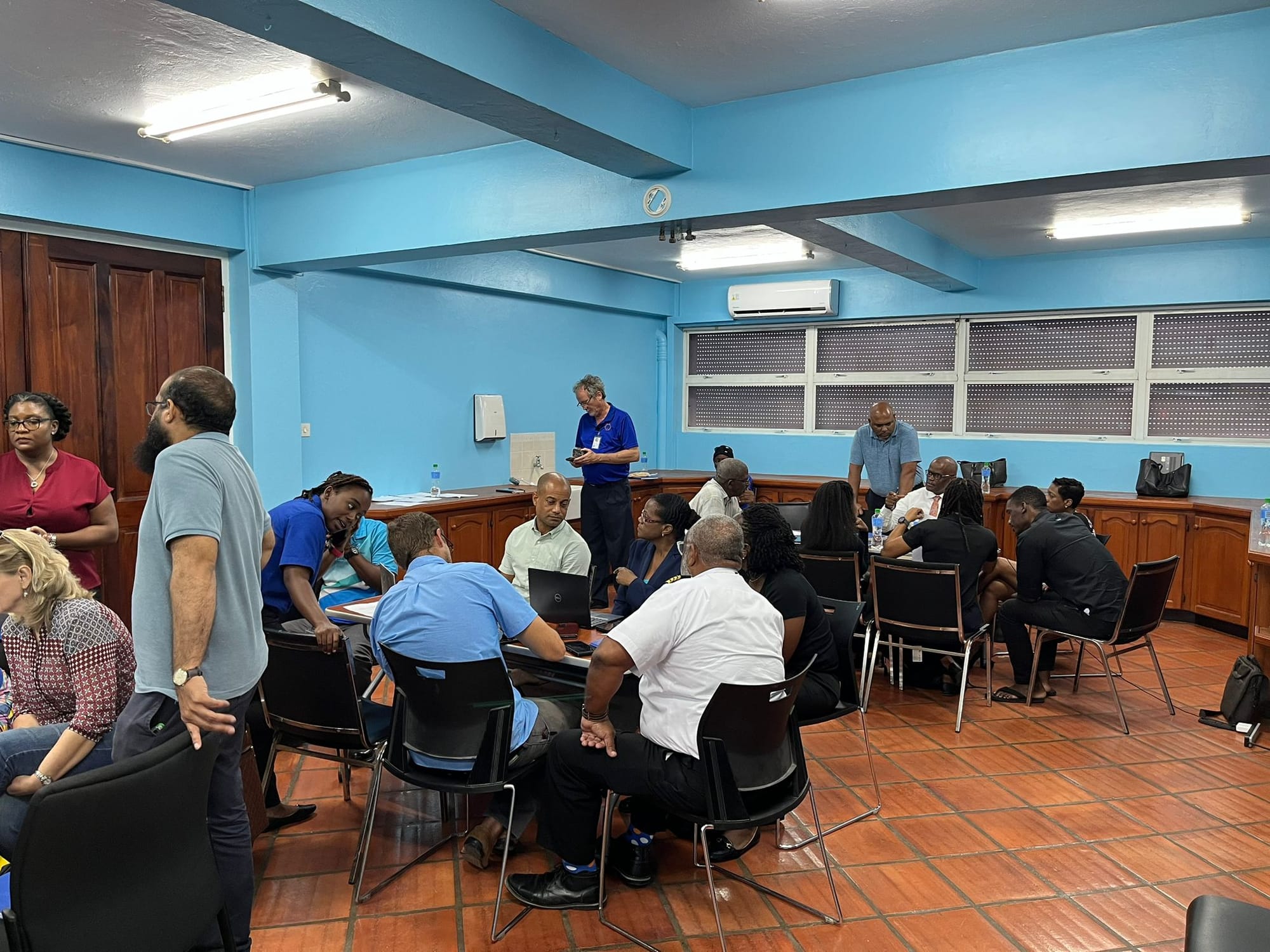
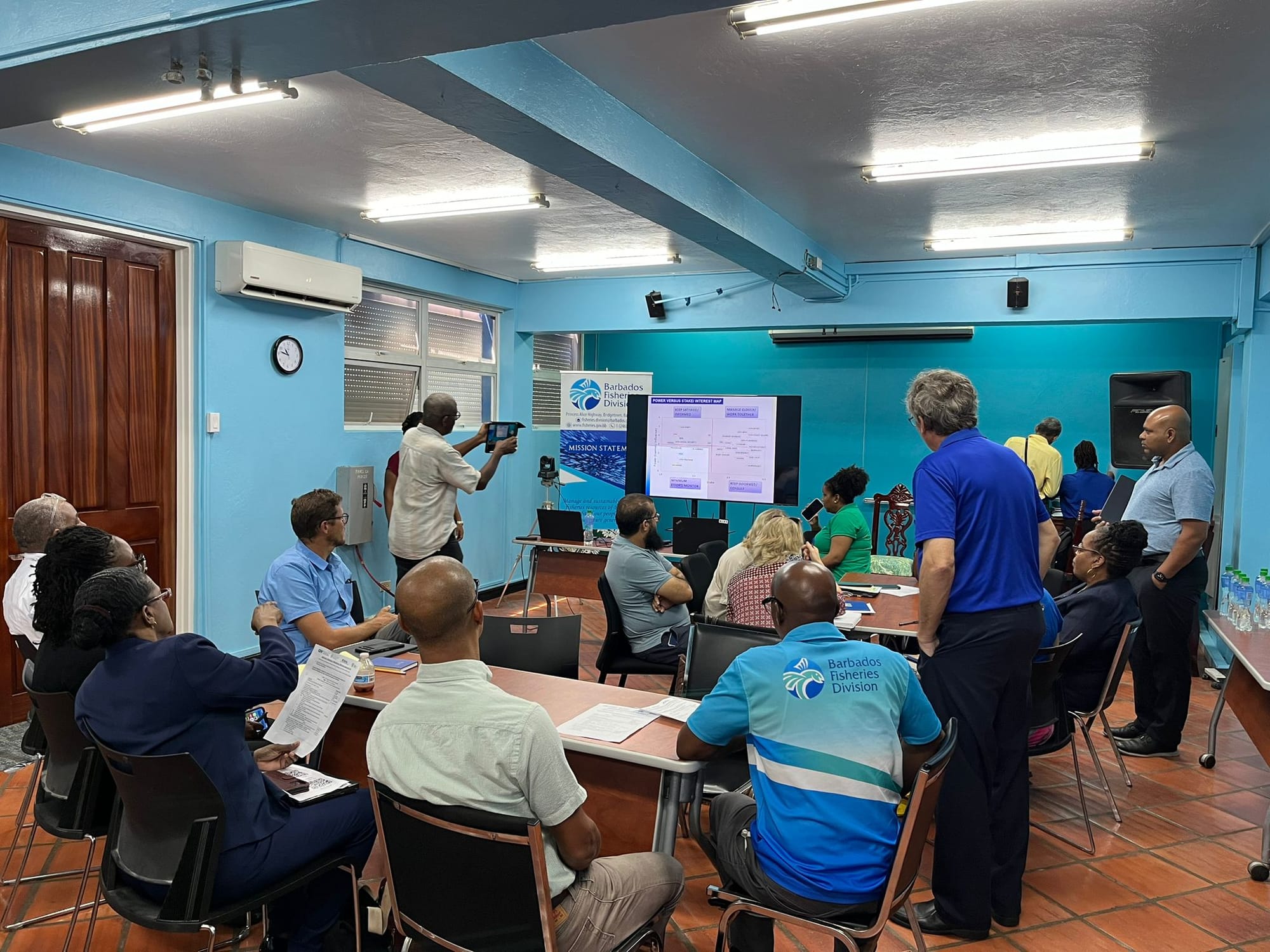
Photo credit: Kyle Foster

